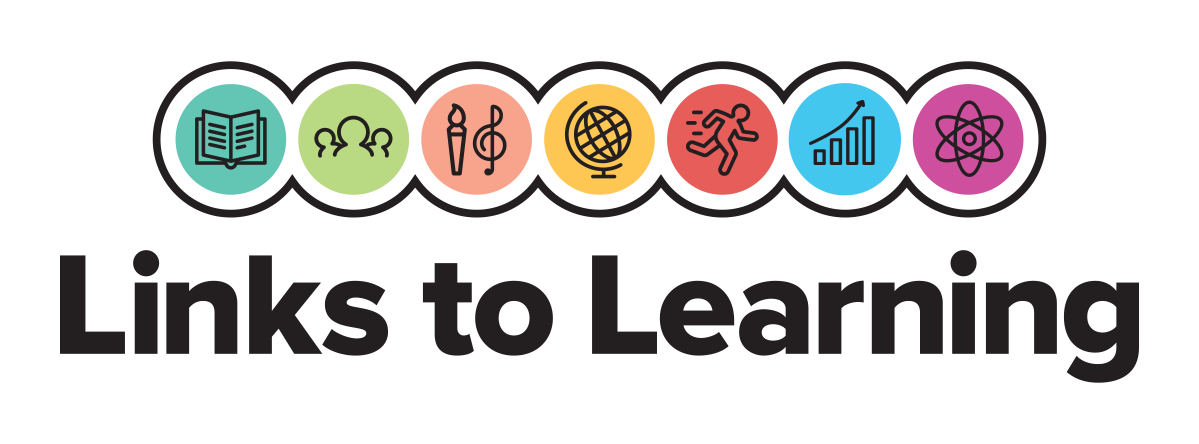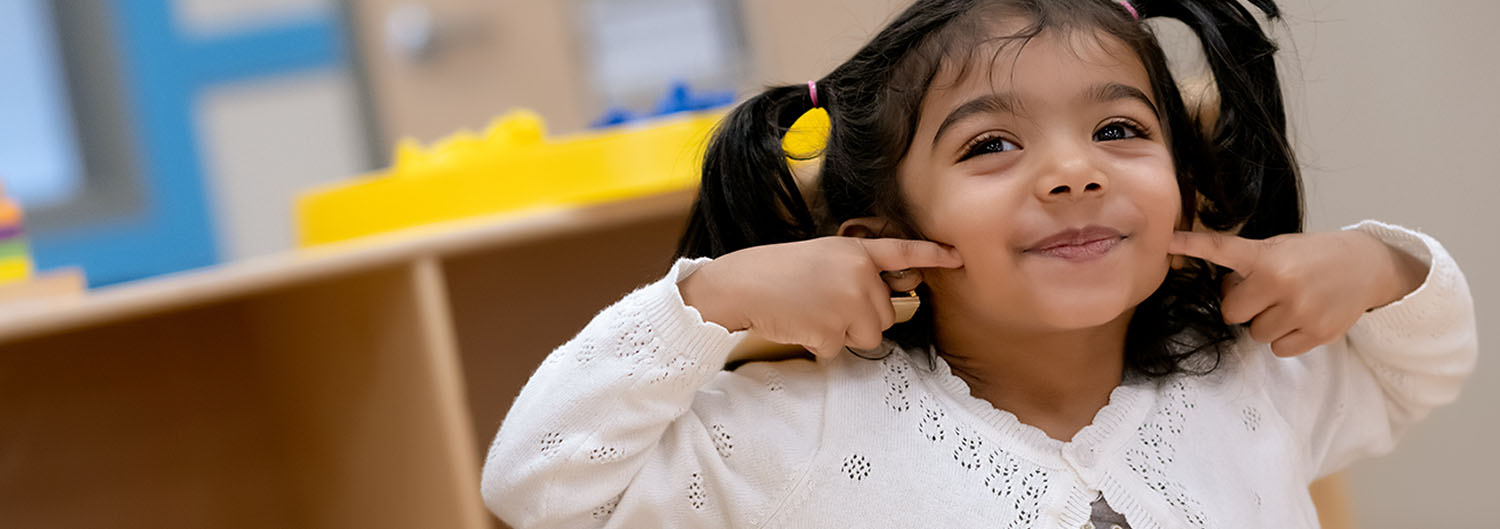- View All
- Topics
- Search
Topics
Blog Archive
-
2025 (5)
- March (2)
- February (1)
- January (2)
-
2024 (28)
- December (2)
- November (3)
- October (2)
- September (3)
- August (3)
- July (3)
- June (2)
- May (2)
- April (2)
- March (2)
- February (2)
- January (2)
-
2023 (15)
- December (2)
- November (2)
- October (2)
- September (1)
- August (1)
- July (1)
- June (1)
- May (1)
- April (1)
- March (1)
- February (1)
- January (1)
-
2022 (13)
- December (1)
- November (1)
- October (1)
- September (1)
- August (2)
- July (1)
- June (1)
- May (1)
- April (1)
- March (1)
- February (1)
- January (1)
-
2021 (15)
- December (1)
- November (1)
- October (1)
- September (2)
- August (1)
- June (1)
- May (2)
- April (1)
- March (2)
- February (2)
- January (1)
-
2020 (11)
- December (1)
- October (2)
- September (1)
- August (1)
- July (1)
- May (2)
- March (1)
- February (1)
- January (1)
-
2019 (12)
- December (1)
- November (1)
- October (1)
- September (1)
- August (1)
- July (1)
- May (2)
- April (1)
- March (1)
- February (1)
- January (1)
-
2018 (12)
- December (1)
- November (1)
- October (1)
- September (1)
- August (1)
- July (1)
- June (1)
- May (1)
- April (1)
- March (1)
- February (1)
- January (1)
-
2017 (12)
- December (1)
- November (1)
- October (1)
- September (1)
- August (1)
- July (1)
- June (1)
- May (1)
- April (1)
- March (1)
- February (1)
- January (1)
-
2016 (12)
- December (1)
- November (1)
- October (1)
- September (1)
- August (1)
- July (1)
- June (1)
- May (1)
- April (1)
- March (1)
- February (1)
- January (1)
-
2015 (12)
- December (1)
- November (1)
- October (1)
- September (1)
- August (1)
- July (1)
- June (1)
- May (1)
- April (1)
- March (1)
- February (1)
- January (1)
-
2014 (6)
- December (1)
- November (1)
- October (1)
- September (1)
- May (1)
- April (1)




Ready, Set, Explore with Center-Based Learning
Centers are student-directed, but teacher-supported. Our teachers observe children’s progress and seamlessly adjust the lessons. Centers allow our teachers to personalize the learning to match each child’s unique learning styles and interests. For example, if a child is practicing counting and enjoys building, the teacher may encourage the child to build a tower in the Construction Center and count the total number of blocks used.
Below are a few specific examples of what centers look like in each of our classrooms.
Toddlers (1-2 years)
Centers begin in our Toddler classroom. Our Dramatic Play Center is a fun place for students to not only foster their creativity, but to also practice literacy skills. Our teachers provide toddlers with empty boxes of their favorite snacks and encourage them to identify the familiar print and logos as they engage in imaginative play.
Beginners (2-3 years)
Students in our Beginner classroom interact with a variety of tools and props to help make learning come to life. For example, in the Construction Center, teachers provide blueprint paper and writing utensils for students to draw houses and buildings. In the Science Center, students record observations using magnifying glasses and journals.
Intermediates (3-4 years)
During circle time, our Intermediate students learn about the artist Wassily Kandinsky. They discuss his use of squares and concentric circles and the colors found in his artwork. Afterward, they move into centers for a more hands-on experience. In the Art Center, students use various sized square and circle stencils to create their own version of Kandinsky’s art.
Pre-K (4-5 years)
Our Pre-K teachers provide opportunities in many centers for students to practice writing letters and numbers. In the Dramatic Play Center, students may pretend to be chefs and create menus for their restaurants. In the Manipulative Center, students use measuring tape to measure various objects and chart their findings.